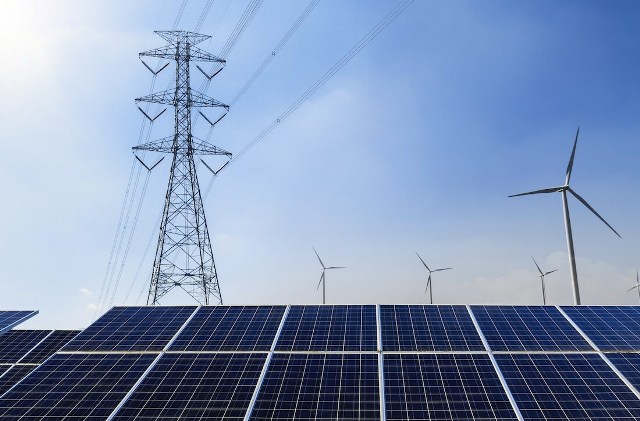Renewable energy remained the most cost-effective source of power generation globally in 2024, with solar and wind offering significant savings over fossil fuels, according to IRENA’s latest report on Renewable Power Generation Costs. The agency confirmed that cost competitiveness continues to be a defining strength of renewables, supported by technological innovation, efficient supply chains, and economies of scale.
On average, utility-scale solar photovoltaics (PV) were 41 percent cheaper than the least expensive fossil fuel options, while onshore wind was 53 percent cheaper. Onshore wind delivered the lowest levelized cost of electricity (LCOE) at USD 0.034/kWh, followed by solar PV at USD 0.043/kWh.
The deployment of 582 GW of new renewable capacity in 2024 helped avoid fossil fuel consumption worth approximately USD 57 billion. Notably, 91 percent of the renewable projects commissioned last year were more cost-effective than new fossil-based alternatives.
Despite short-term pressures — including trade tariffs, raw material constraints, and structural grid bottlenecks — long-term cost reductions remain likely, particularly in Asia, Africa, and South America. These regions benefit from strong learning rates, lower capital costs, and abundant renewable potential.
However, financing remains a key cost determinant. Projects in developing countries face elevated capital costs due to high interest rates and investment risk. In 2024, while the LCOE for onshore wind stood at USD 0.052/kWh in both Europe and Africa, the financing cost component was far higher in Africa, where IRENA estimated a cost of capital of 12 percent versus 3.8 percent in Europe.
Energy storage also saw dramatic cost reductions. The price of utility-scale battery energy storage systems (BESS) dropped 93 percent since 2010 to reach USD 192/kWh in 2024, bolstering the economics of hybrid renewable systems.
Still, integration costs — stemming from permitting delays, grid connection issues, and supply chain inefficiencies — are increasingly impacting overall project costs. This is particularly acute in G20 countries and emerging markets, where grid infrastructure investment is lagging behind renewables growth.
IRENA emphasized the need for stable policy frameworks, transparent procurement, and expanded grid capacity to sustain downward cost trends and ensure energy transition momentum. According to Director-General Francesco La Camera, renewables delivered avoided fossil fuel costs of up to USD 467 billion globally in 2024. But to preserve this trajectory, coordinated global action is vital to address geopolitical and financial headwinds.
GreentechLead.com News Desk

